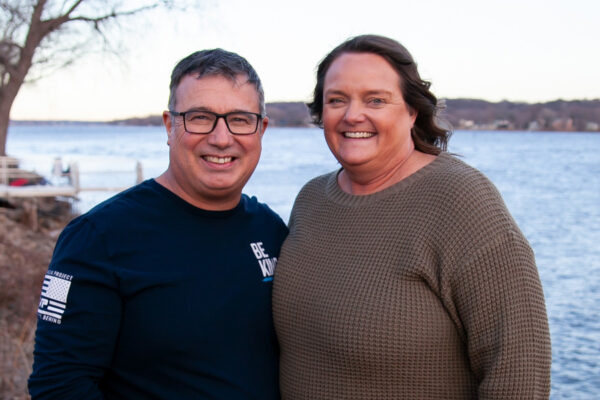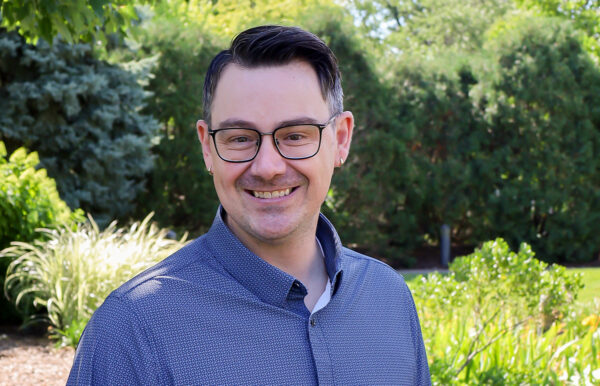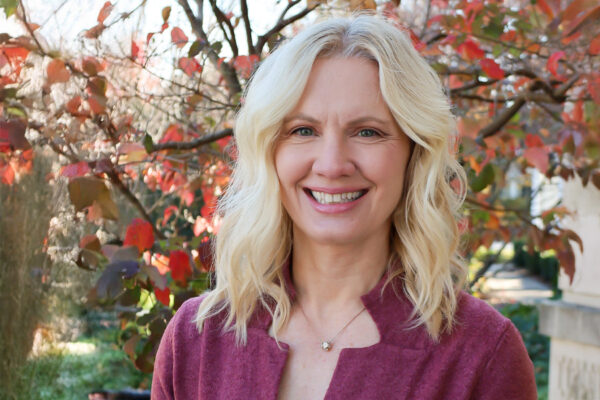Angle of repose
I’ve watched enough people die over the years to know that nobody can design their own death, even if a few rudely step in to try and engineer it. Yet we all contemplate how our final breath might happen. For me, the most desirous scenario would be to fall asleep after a day full of rich friendship and meaning, and then to die in the midst of a beautiful dream. No pain. No medical distress for others. No lingering illness.
I am beginning to re-evaluate that scenario a bit more actively, especially following the death of Jane Little. My death sights have evidently been set too low. My concept of peace has been too inwardly tame. Ms. Little died three weeks ago at the age of 87, doing what she most loved to do – playing her double bass for the Atlanta Symphony Orchestra. During the final minute, of the final encore piece, of what was to be the final year of her orchestral career, she collapsed. Her colleagues in the bass section carried her backstage where she later died.
Jane Little began her 71-year run with the Atlanta Symphony in 1945. At 4’11”, and topping out at 98 pounds, this dainty woman played the largest instrument of the string section. In fact, she insisted on carrying her six-foot-long double bass onto the stage herself for each performance. Her late husband – a large 6’2” man – happened to be a flautist in the same orchestra. Rumor has it that he carried his own instrument on stage as well.
Everybody loved Jane. Her playing. Her personality. Her smile. Friends speak of being unable to find enough superlatives to pay adequate compliment to the woman. She bore no children. Her bass was her baby. And she played that baby with remarkable vigor.
When the psalmist writes of “numbering our days,” his admonition has nothing to do with counting. “Teach us to number our days that we might gain a heart of wisdom,” is not about checking boxes off a calendar. It is about taking stock of the brevity of life. With only so much time on Earth, how are we going to fill each day with value, and keep from squandering the days we have been allotted? Jane Little was lucky enough, or wise enough in heart, to be able to die in the midst of fulfilling her greatest passion – playing music.
Consider this metaphor, taken from the title of Wallace Stegner’s novel, Angle of Repose – a novel in which a retired historian chronicles his grandparents’ life on the frontier. The steepest angle at which a slope of loose or granular material comes to rest, without sliding further, is called the angle of repose. Ashes settle at a 40° angle of repose, wheat at 27°, and dirt somewhere between 38-45°. Translating this geometry into our lives, it appears we all seek to find that angle of life into which we can settle and find peace. The angle we eventually locate is typically related to our different vocational passions, and the contentment we find in living out those vocations. Passionate people, it seems to me, are individuals who understand the fleeting nature of life as well as anyone, leaning into their experiences with maximum slope, eventually locating that place where they can happily settle in. Good upright bass players, in case you haven’t noticed, lean into their music, though they allow their bass to come to them. They sit or stand in such a way that the bass gently balances against their body. In the case of Jane Little, seated on a concert stool, her 310-year-old bass rested at a comfortable 70° angle. Let’s call that her angle of repose.
She slumped from her stool near the end of the pops concert’s encore piece, “There’s No Business Like Show Business.” It was an orchestral arrangement of the Broadway production. But had someone been singing the lyrics, they would have sung a line right near the time of Jane’s collapse: “Let’s go on with the show.” She didn’t design it that way. But it sounds even better than dying in one’s sleep, no matter how beautiful the dream.
– Peter Marty, senior pastor




